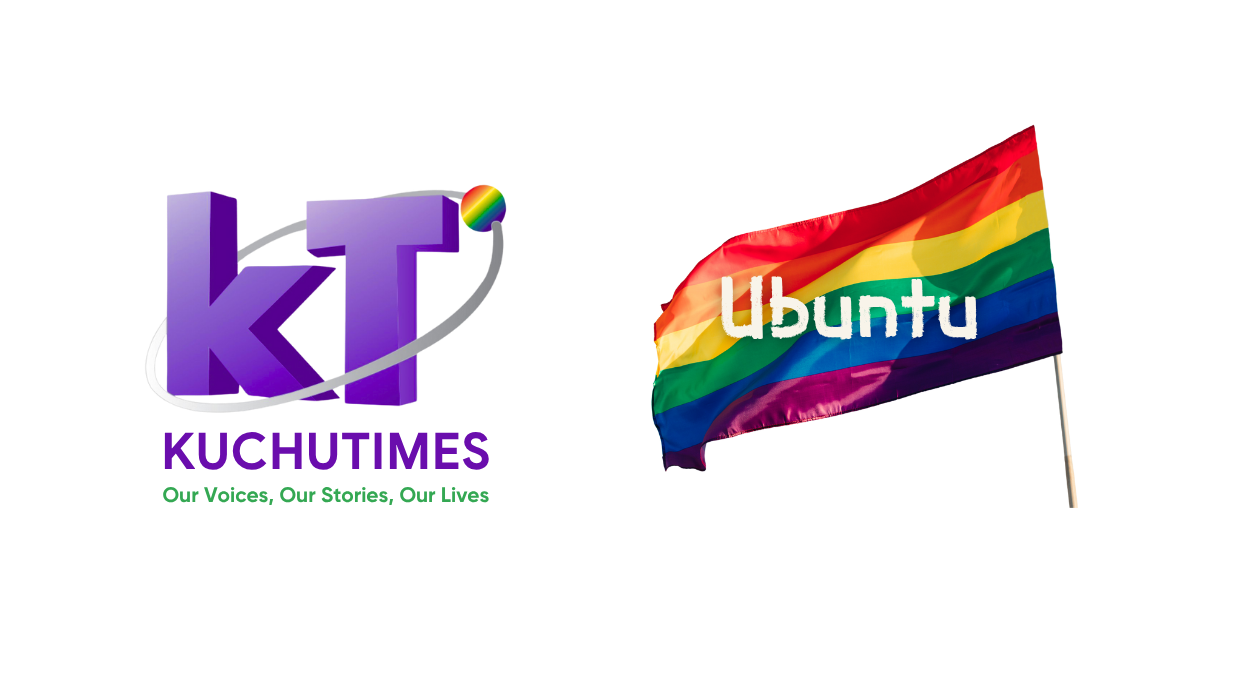Obstructive Bill that Seeks to Give Government Absolute Powers over NGOs Tabled before Parliament
By Editor
A bill that if passed will see government regulating the operations of Non-governmental Organizations in the country has been tabled before the Parliament of Uganda. The bill which is to soon be debated by Members of Parliament caught the public’s attention after a full copy was published in the April edition of the Government Gazette.
According to the tabled bill, it is intended to create a more conducive and enabling environment for NGOs so as to strengthen their work and promote the capacity of whatever services they offer. The new bill is also meant to strengthen the working relation between the government and NGOs . Different NGO monitoring offices are to be set up on district, regional and central level to make sure all the regulations listed in the bill are being enforced.

The bill cites the rapid growth of NGOs has led to subversive methods of work and activities which undermine transparency in the sector. The government now seeks to set up several governing committees as a remedy to the above problem.
Critics have however rebuked the bill as a clear dejection of the work NGOs do to better the livelihood of all Ugandans especially those that are underprivileged. They further argue that it is illogical to give the NGO board absolute powers to either revoke or altogether refuse to grant NGOs operating licenses.
According to government critics, this bill is another perfect example of how the Ugandan government will not rest until it has complete control of every sector of the country even those that are dedicated to simply create positive change and give back.
In April 2014, it was reported that a bill barring NGOs from rendering any support financial or otherwise to the LGBTI community was being drafted. The same bill alleged to have been drafted by the Minister of Internal Affairs Gen Aronda Nyakairima barred NGOs from doing so little as express their political opinion.
Several Human Rights Organisations headed by Human Rights Watch have since spoken out on the new bill. They assert that such involvement by government in the work of NGOs would without doubt abuse the freedom of association as well as expression.
Human Rights organisations are worried that if the bill is passed into law in its current state, it will hinder Ugandans from freely working along any local or international NGO as some activities might be viewed as illegal by the government.
This is not the first bill that has been criticized as a violation against human rights. Parliament has previously passed into law a bill that criminalises homosexuality with life imprisonment being the verdict for anyone found guilty of engaging in same or trans sex relationships.




